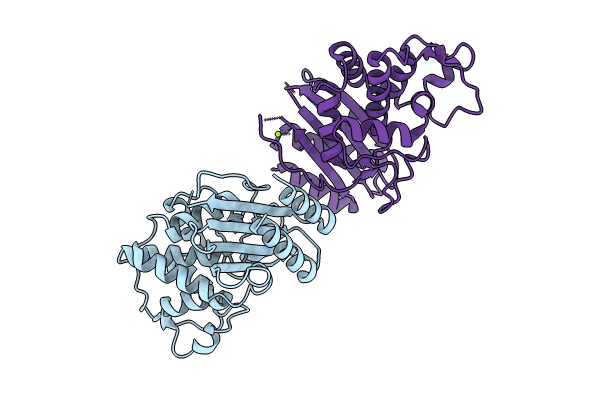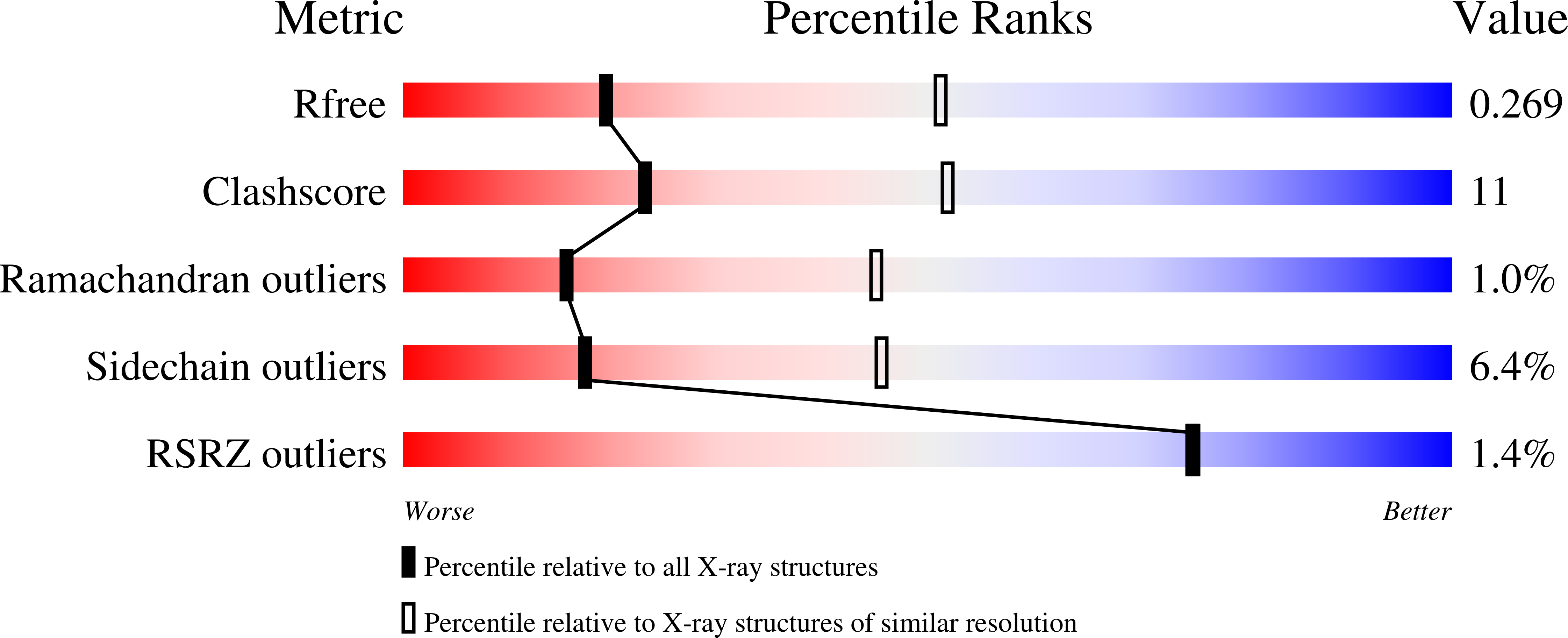
Deposition Date
2024-01-19
Release Date
2024-02-14
Last Version Date
2024-07-17
Method Details:
Experimental Method:
Resolution:
2.90 Å
R-Value Free:
0.26
R-Value Work:
0.21
R-Value Observed:
0.22
Space Group:
P 43


